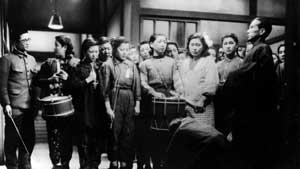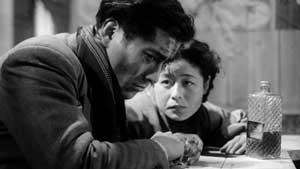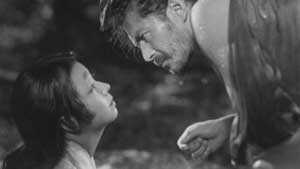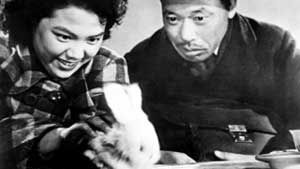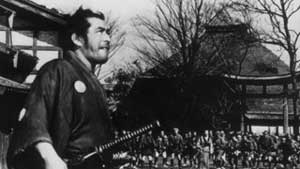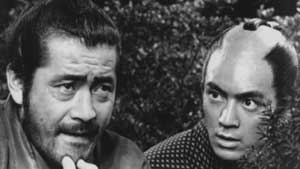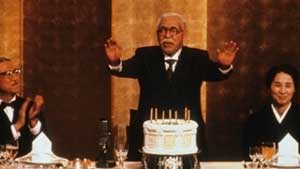Japan 360: The Films of Kurosawa Akira
Professor Ted Mack
Mondays, Wednesdays, and Fridays 1:30-2:50 PAR 106
Many famous directors have acknowledged Kurosawa Akira's influence on them. Francis Ford Coppola: "One thing that distinguishes [him] is that he didn't make one masterpiece or two masterpieces. He made, you know, eight masterpieces." Steven Spielberg: "I have learned more from him than from almost any other filmmaker on the face of the earth." Martin Scorcese: "Let me say it simply: Akira Kurosawa was my master, and... the master of so many other filmmakers over the years." We will watch 13 films by the director, including "Seven Samurai" (1954), which is his best known work. His films, made between 1943 and 1993, reflect on (among other things) the ethical options available to individuals amid a world that either already is, or threatens to become, dystopic.
Though the unifying focus of the course is Kurosawa as a director, we will also dedicate time to various actors who appear repeatedly in his films (or were otherwise significant), including: Chiaki Minoru, Fujita Susumu, Fujiwara Kamatari,
Hara Setsuko,
Kagawa Kyôko, Katô Daisuke, Kimura Isao,
Kôdô Kokuten, Mori Masayuki,
Mifune Toshirô,
Miyaguchi Seiji,
Miyoshi Eiko,
Nakadai Tatsuya,
Nakamura Nobuo,
Ryû Chishû,
Sengoku Noriko,
Shimizu Masao,
Shimura Takashi,
Sugimura Haruko,
Tokoro George,
Tôno Eijirô, and
Yamada Isuzu.
As we go through this "auteur" survey, we will also be reading criticism written about the films. Our central text will be Mitsuhiro Yoshimoto's book from 2000, Kurosawa: Film Studies and Japanese Cinema (Duke University Press). This text will provide the basis for our discussion not only of the films themselves, but also of the various presumptions we bring to our viewing of the films (including an emphasis on Kurosawa Akira as an auteur.) The goal will be to come to a better understanding of these films specifically, and the way we view "Japanese" (or even "foreign") films in general. Alongside Yoshimoto's book, we will also read selections from other texts on Kurosawa, including Stephen Prince's The Warrior's Camera (Princeton, 1991 and 1999) and Donald Richie's The Films of Akira Kurosawa (California, 1965, 1984, and 1996). Although these last two titles will be available on reserve in the East Asia Library, I recommend you consider buying your own copies.
Students are expected to watch the films and complete the readings on their own prior to class discussion.
All but one* of the films you will be responsible for are available through Hulu Plus, which is a for-profit website that is not affiliated with the University of Washington. *"Ran" is currently streaming on both Netflix and for Amazon Prime members. Again, these are for-profit websites that are not affiliated with the University of Washington. Both have free trial periods. All films are also held by the Media Center in Odegaard Library.
Japan 360 may be acceptable for the national cinema requirement for the Cinema Studies degree in the Department of Comparative Literature. Please contact that department for more information.
The following assignments and schedule are tentative and subject to change.
|
